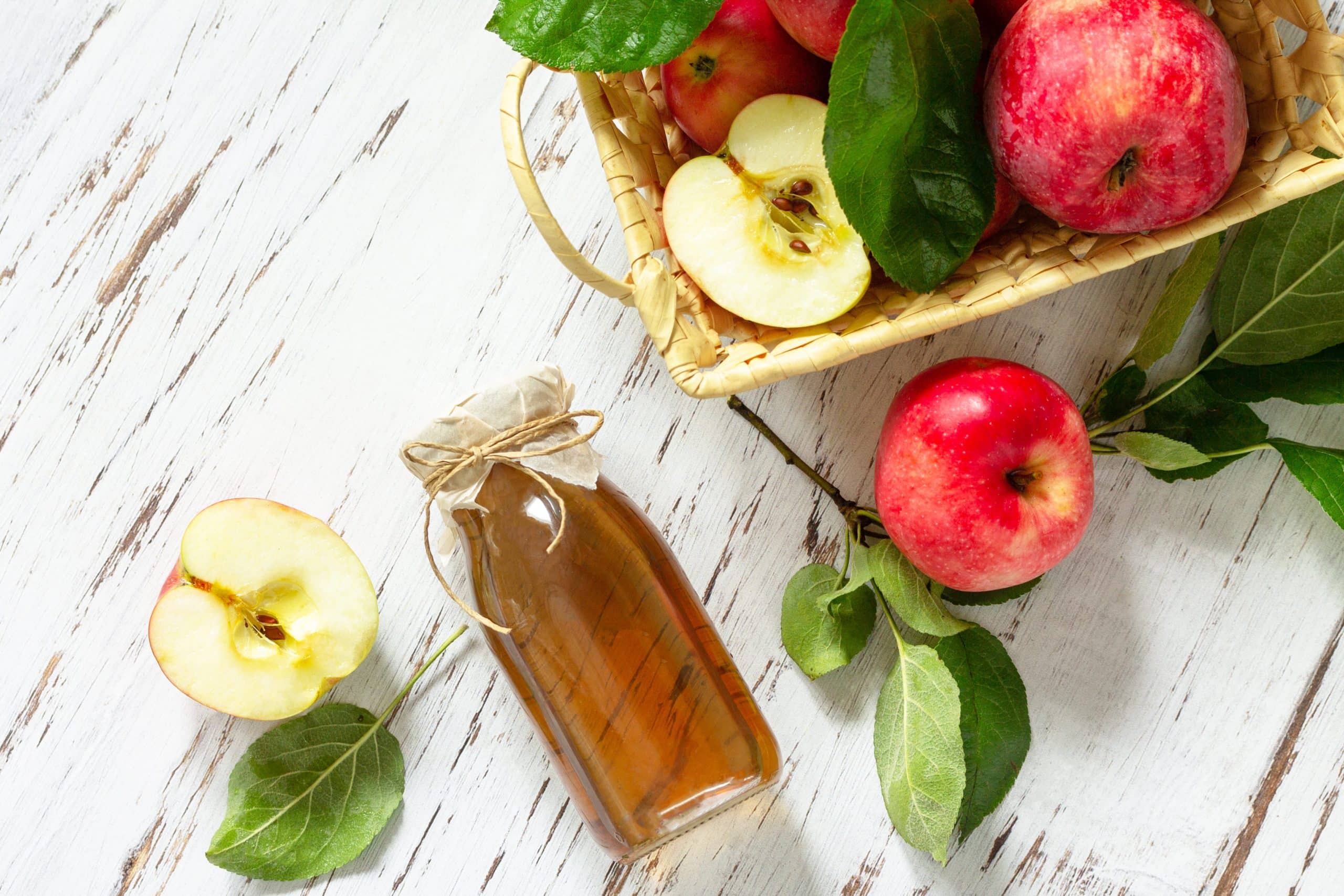Apple cider vinegar is a popular home remedy and superfood which many people use daily or at least have stashed away at the back of your pantry. Despite claims that this ‘superfood’ can kick-start your digestive system, help you to lose weight or cleanse the body, there is little to no evidence of the benefits of drinking this ‘super’ liquid. Currently, the vinegar is well known for its use as a chemical-free or natural teeth whitener. Unfortunately, recent studies are showing that drinking apple cider vinegar will actually do more harm than good to your oral health.
Does apple cider vinegar ruin your teeth?
Apple cider vinegar is highly acidic, much like soft drinks and fruit juices, meaning it can directly cause erosion to tooth enamel. Erosion in tooth enamel is the breakdown of your teeth’s protective layer. Without this protective layer, your teeth are more susceptible to wear and tear, decay and staining.
Apple cider vinegar is twice fermented apple juice and within the first stage of fermentation the apple’s sugars turn into alcohol (turning it into cider). During the second stage, bacteria converts the alcohol into acetic acid.
At the end of the fermentation process, the vinegar has an average pH reading between 2.5 and 3.0. Water measures in as a neutral solution, with a pH of 7.0, therefore the acidity of apple cider vinegar is relatively significant. Unfortunately, when undiluted, the vinegar can weaken tooth enamel and consequently cause sensitivity, decay and cavities.
A 2014 study shows that dental erosion can be caused by consuming large amounts of vinegar. This study tested a variety of different kinds of vinegar with varying pH levels, focusing on the immersion of tooth enamel. After soaking for four hours, the researchers measured a 1 to 20 per cent loss of minerals. While this study does not take into consideration saliva, which is a natural buffer against acidity, it does provide a warning to those drinking the vinegar, especially in excessive amounts.
Can apple cider vinegar whiten your teeth?
Many brands claim that mixing their apple cider vinegar with other ‘active ingredients’ such as baking soda can help to naturally whiten your teeth. This is instead of using more traditional methods of teeth whitening including our Ethos Brite professional teeth whitening kit.
Unfortunately, these same brands forget to mention how damaging acidic apple cider vinegar is. Whilst certain vinegars contain hydrogen peroxide, which has a bleaching effect when applied to teeth, it can also damage the protective layer of the teeth.
Studies completed in 2014 have shown apple vinegar, white vinegar and hydrogen peroxide all contain bleaching effects when applied to tooth colour and hard dental tissues. However, vinegar can cause serious damage to the surface of teeth. White vinegar has been shown to have the most damaging effects.
Your tooth enamel is the outer protective layer of your teeth, preventing the inner layers of your teeth from extreme temperatures and the damaging effects of plaque and acids. Unfortunately, your enamel is not a living cell and once it is destroyed, your body is unable to replace it.
How can you use apple cider vinegar without harming your teeth?
While apple cider vinegar is popular due to its various health benefits, it is also known to seriously damage tooth enamel. Several studies are also showing that apple cider vinegar can negatively impact the efficiency of certain medications.
Therefore, if you are considering using apple cider vinegar for teeth whitening, please speak with your local Ethos Orthodontics team member to discuss safe whitening methods. If you are looking into teeth whitening methods, Ethos offers a safe, professional and take-home teeth whitening kit, to give your smile a little extra sparkle. If you are contemplating using vinegar for other health reasons, consult your doctor first.
For more information, book an appointment with your local Ethos Orthodontist.




